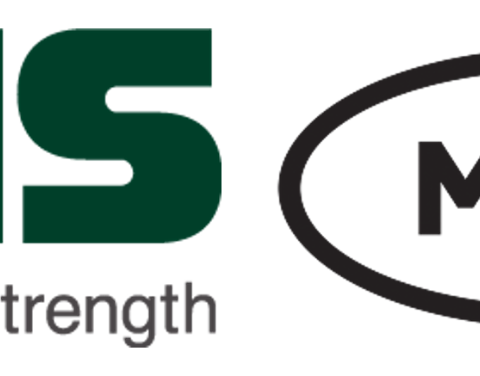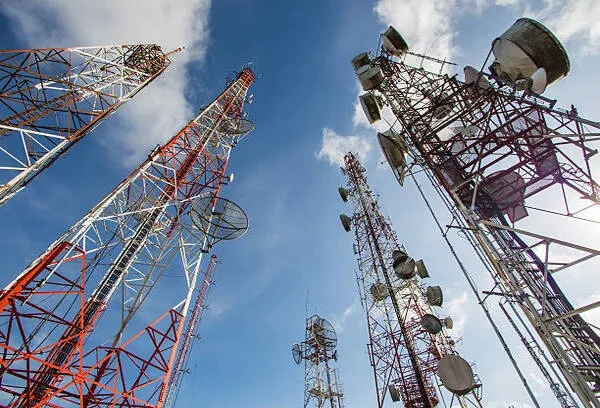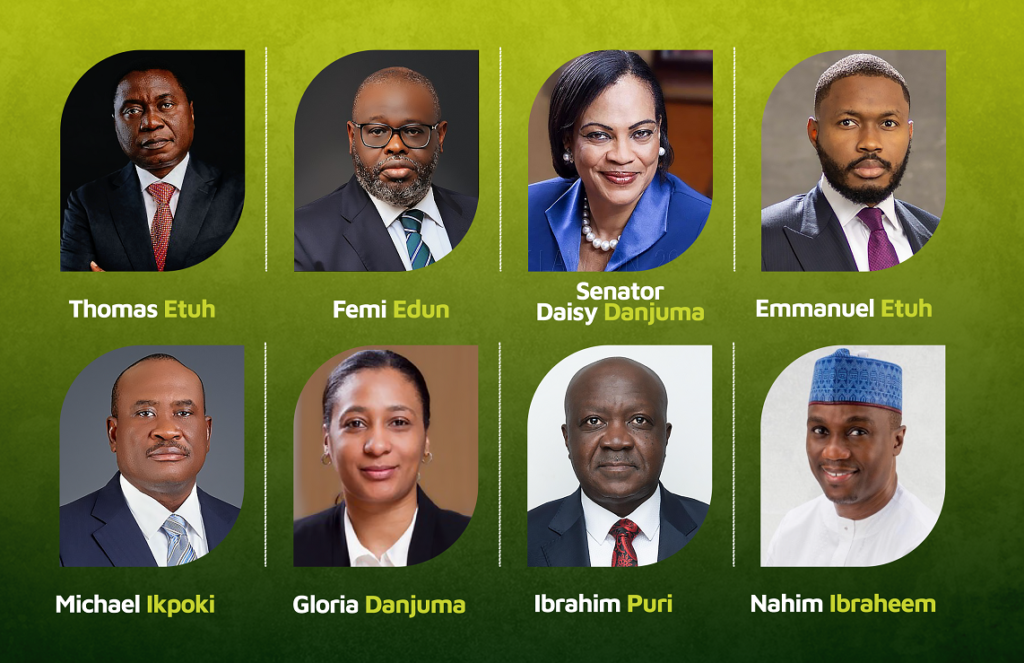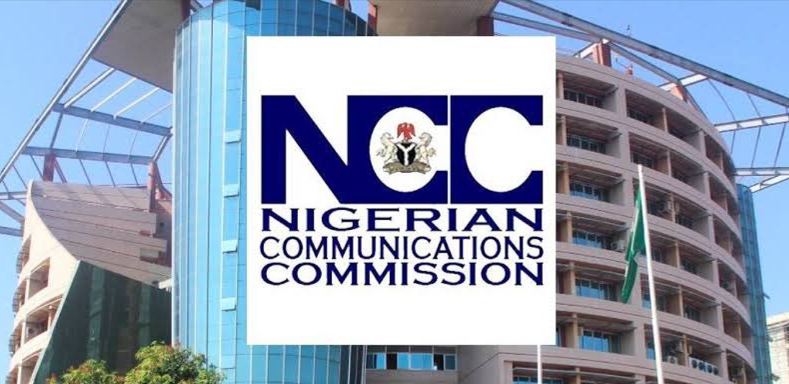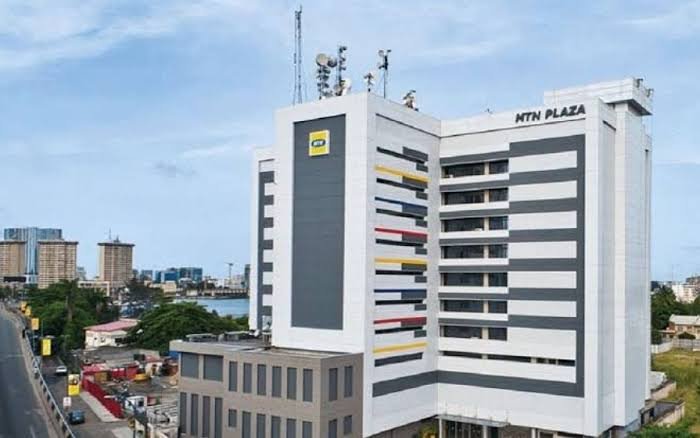By Ademola Tijani
The Nigerian Communications Commission (NCC) has introduced the Device Management System (NCC-DMS) to oversee and regulate all mobile phones connected to communication networks across the country, Daily Query can report.
The initiative, part of the NCC’s updated “Type Approval Business Rule 2024,” requires all Mobile Network Operators (MNOs) in Nigeria, including GLO, MTN, and Airtel, to integrate their infrastructure with the DMS platform.
According to the NCC, the system is designed to strengthen control over mobile devices, boost security, and ensure adherence to regulatory standards.
Serving as a Central Equipment Identity Register (CEIR), the DMS will track mobile devices by collecting their International Mobile Equipment Identity (IMEI) numbers and cross-referencing them with international IMEI databases.
This centralized framework enables the NCC to monitor devices across all network operators, ensuring that only compliant and approved devices can access Nigeria’s communication networks. Devices not registered through the system will be blacklisted, rendering them unusable within the country.
The NCC-DMS is intended to curb the use of unauthorized devices, reduce mobile phone theft, and prevent fraudulent activities.
By tracking and blacklisting the IMEIs of stolen devices, the system aims to reduce phone-related crimes.
The NCC emphasized that blacklisting stolen or illegal devices will render them worthless, which is expected to decrease incidents of phone theft and snatching.
Beyond device tracking, the NCC-DMS will function as a regulatory mechanism, mandating all MNOs to synchronize their Equipment Identity Registers (EIRs) with the system.
This alignment will ensure that network operators follow consistent standards for device registration and regulation nationwide.
The NCC has also clarified that device suppliers will be responsible for registering type-approved devices on the DMS.
Additionally, individuals will need to register their devices, though there will be a limit on the number of devices allowed for registration, as determined by the Commission.
A registration fee will apply to both consumers and suppliers, separate from the existing type-approval fees, and all devices sold or used in Nigeria must comply with NCC regulations.
Originally proposed in 2021, the NCC-DMS aims to enhance national security and increase transparency within Nigeria’s telecommunications sector.

